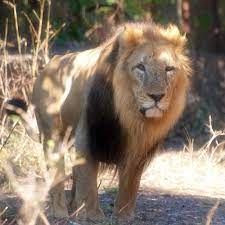In many parts of the world, conservation is an afterthought. After looking after your human population, if there is any money left then alright do conservation but not before. However, this does not work. There are many positive benefits of wildlife , and if these are not allowed to thrive it will damage the local people – by thinking of this last you end up damaging the local people.
Countries such as Rwanda are also heavily dependent on the money that tourism brings to their country.
This new aim, is to grow the economy and improve the lives of Rwandans while at the same time protecting the natural environment and keep as much forest standing as is possible.
Currently, Rwanda gets 15.1% percent of GDP from tourism, however back in the year 2000, this was just 4.7%. That gives an annual growth of this sector at more than 7%, far above all other areas. #
Importantly, tourism is a great leveller. Anyone who lives around wilderness can set up their own business. As a result, this can be a way to lift poorly served communities out of poverty.
I hope in the future that this site can assist in that process.


















